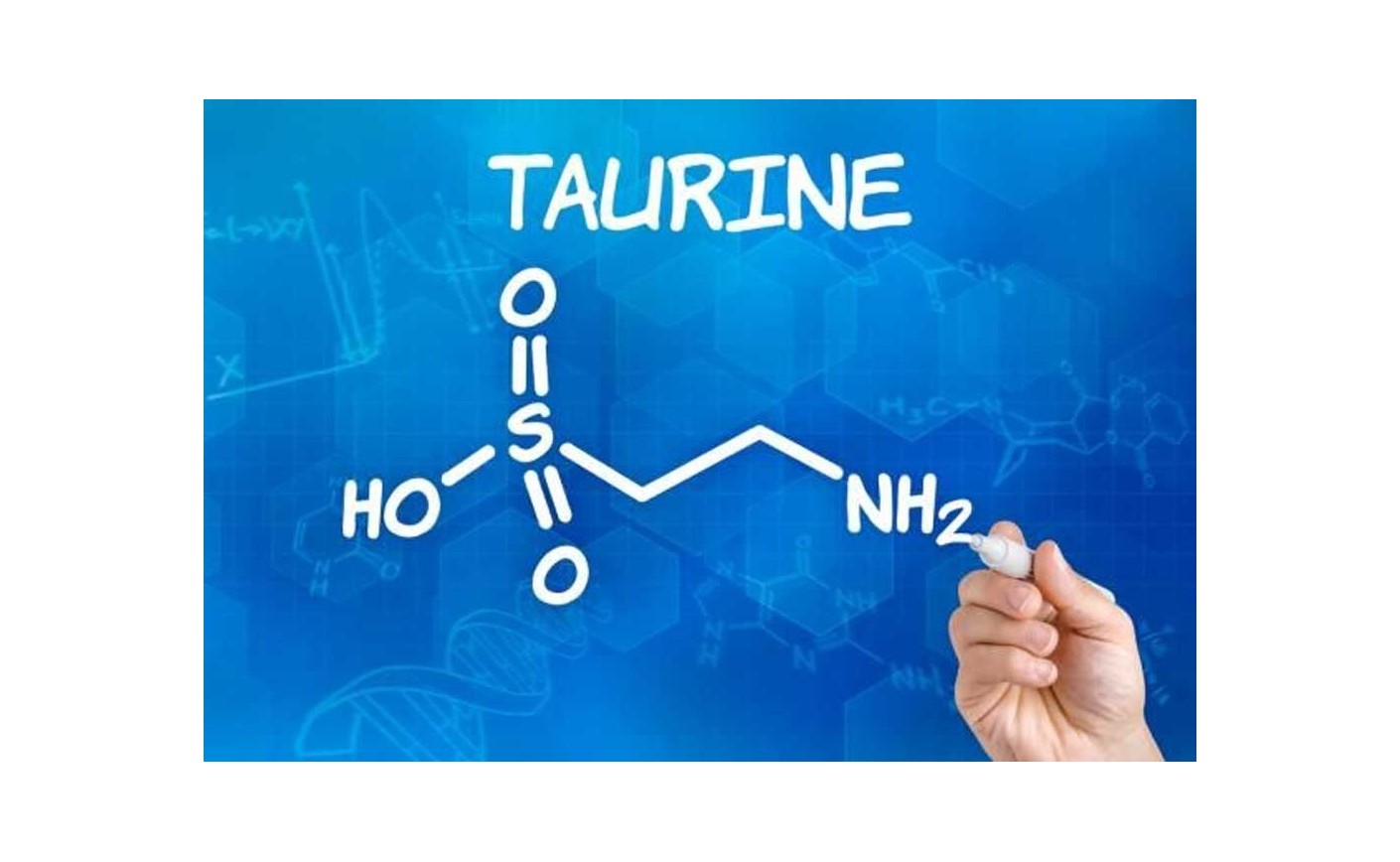
L-Taurine, also known as 2-aminoethanesulfonic acid, is a naturally occurring amino acid found in various tissues of the human body, including the heart, brain, retina, and skeletal muscles. Although it is not used in the biosynthesis of proteins, L-Taurine is essential for various physiological processes, and its supplementation has been linked to numerous health benefits. In this comprehensive guide, we will explore the properties, functions, and potential benefits of L-Taurine, as well as the recommended dosages and possible side effects.
1. Properties and Functions of L-Taurine
- L-Taurine is classified as a conditionally essential amino acid, meaning that it can be synthesized by the body in sufficient amounts under normal conditions. However, during periods of illness or increased physical stress, the body's demand for L-Taurine may exceed its production capacity, necessitating supplementation through dietary sources or supplements.
- The primary functions of L-Taurine include:
- Regulating the balance of electrolytes in the body, particularly calcium, potassium, and sodium, which are essential for proper muscle function and nerve signal transmission.
- Supporting the function of the central nervous system by acting as a neurotransmitter and a neuromodulator.
- Maintaining the structural integrity of cell membranes and preventing cellular damage caused by reactive oxygen species.
- Participating in the synthesis of bile salts, which play a crucial role in the digestion and absorption of fats and fat-soluble vitamins.
- Supporting cardiovascular health by regulating blood pressure and reducing oxidative stress on the heart and blood vessels.
2. Potential Health Benefits of L-Taurine Supplementation
- L-Taurine supplementation has been associated with a wide range of health benefits, including:
- Improved exercise performance: L-Taurine has been shown to enhance endurance, reduce muscle fatigue, and accelerate post-exercise recovery in both humans and animal studies. It is believed to achieve these effects by improving energy metabolism, increasing antioxidant capacity, and regulating electrolyte balance.
- Cardiovascular health: Studies suggest that L-Taurine supplementation can help reduce the risk of heart disease by improving blood lipid profiles, reducing blood pressure, and decreasing inflammation and oxidative stress in the cardiovascular system.
- Diabetes management: L-Taurine has been shown to improve insulin sensitivity and glucose metabolism, making it a potential therapeutic agent for individuals with type 2 diabetes or metabolic syndrome.
- Neuroprotection: L-Taurine has been found to exert protective effects on the brain by reducing neuronal damage caused by oxidative stress and inflammation. It has also been shown to enhance cognitive function and memory in animal models of neurodegenerative disorders, such as Alzheimer's disease.
- Eye health: L-Taurine is essential for maintaining the health and function of the retina, as well as preventing age-related macular degeneration and other vision disorders.
3. Dietary Sources of L-Taurine
- Although the body can synthesize L-Taurine, it can also be obtained through dietary sources. The primary food sources of L-Taurine include:
- Meat and poultry: Beef, chicken, and turkey are rich sources of L-Taurine.
- Fish and seafood: Salmon, mackerel, sardines, and shrimp are excellent sources of L-Taurine.
- Dairy products: Milk, cheese, and yogurt contain moderate amounts of L-Taurine.
- Eggs: Egg yolks are a good source of L-Taurine, while egg whites contain lower amounts.
Vegetarians and vegans may have a lower intake of L-Taurine due to the limited availability of plant-based sources. In such cases, supplementation may be necessary to meet the body's requirements.
4. Recommended Dosages and Supplementation
The optimal dosage of L-Taurine supplementation may vary depending on an individual's age, health status, and specific needs. Generally, a daily dose of 500-2000 mg is considered safe and effective for most adults. However, it is important to consult with a healthcare professional before starting any supplementation regimen, especially for those with pre-existing medical conditions or taking medications.
L-Taurine is available in various forms, including capsules, tablets, and powders. When choosing a supplement, it is essential to select a high-quality product from a reputable manufacturer to ensure purity and potency.
5. Safety and Potential Side Effects
L-Taurine is considered safe for most individuals when consumed in moderation through dietary sources or supplements. Studies have shown that daily supplementation of up to 3 grams for several weeks is well-tolerated and does not cause significant side effects.
However, some individuals may experience mild side effects, such as nausea, headache, or dizziness, especially when taking high doses or starting supplementation. These side effects are usually temporary and resolve on their own as the body adjusts to the supplement.
It is important to note that excessive L-Taurine intake may lead to an imbalance of other amino acids in the body and disrupt normal metabolic processes. Therefore, it is crucial to follow the recommended dosage guidelines and consult with a healthcare professional if any concerns arise.
6. L-Taurine is a powerful amino acid that plays a vital role in various physiological processes, such as maintaining electrolyte balance, supporting cardiovascular health, and protecting the nervous system. Its supplementation has been linked to numerous health benefits, including improved exercise performance, enhanced cognitive function, and better diabetes management.
To reap the potential benefits of L-Taurine, it is essential to consume a balanced diet rich in high-quality protein sources or consider supplementation if necessary. As always, consult with a healthcare professional before starting any supplementation regimen to ensure safety and optimal results.





Leave a Reply Cancel Reply